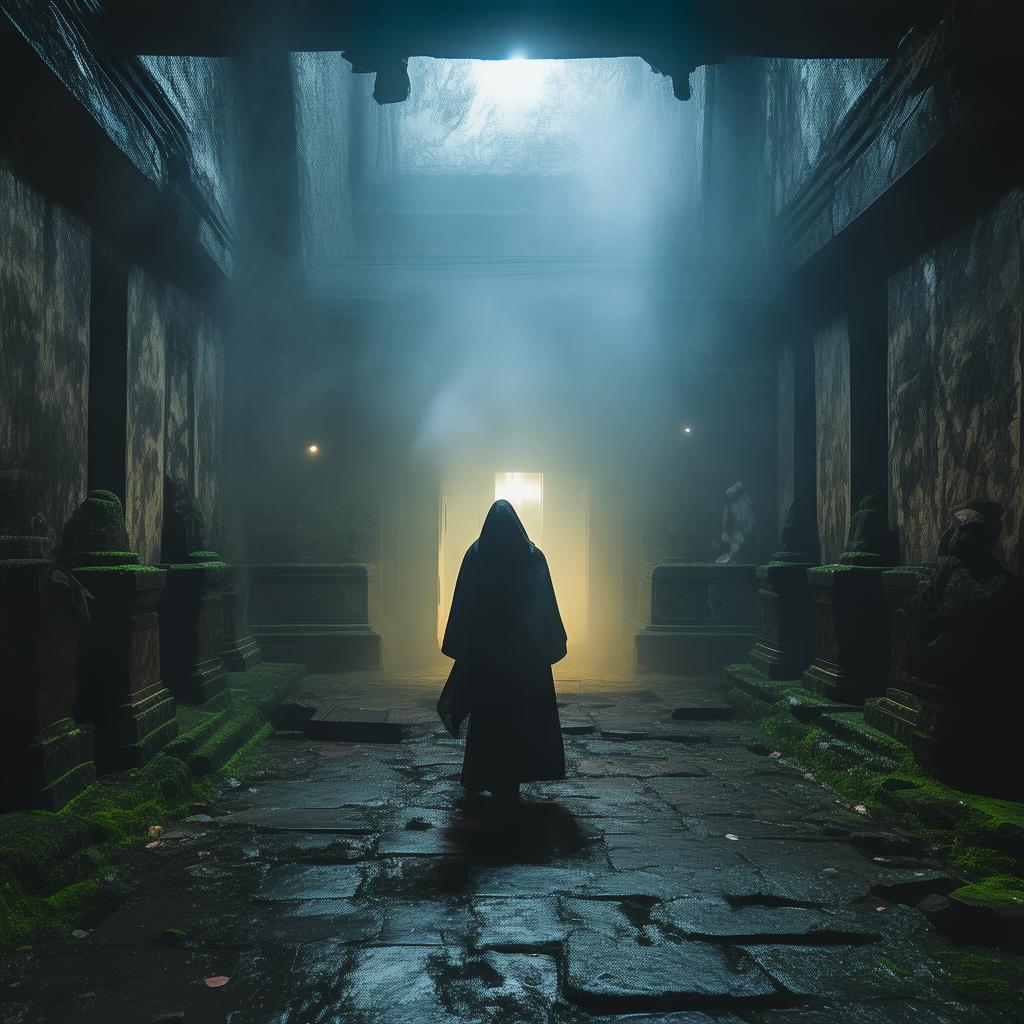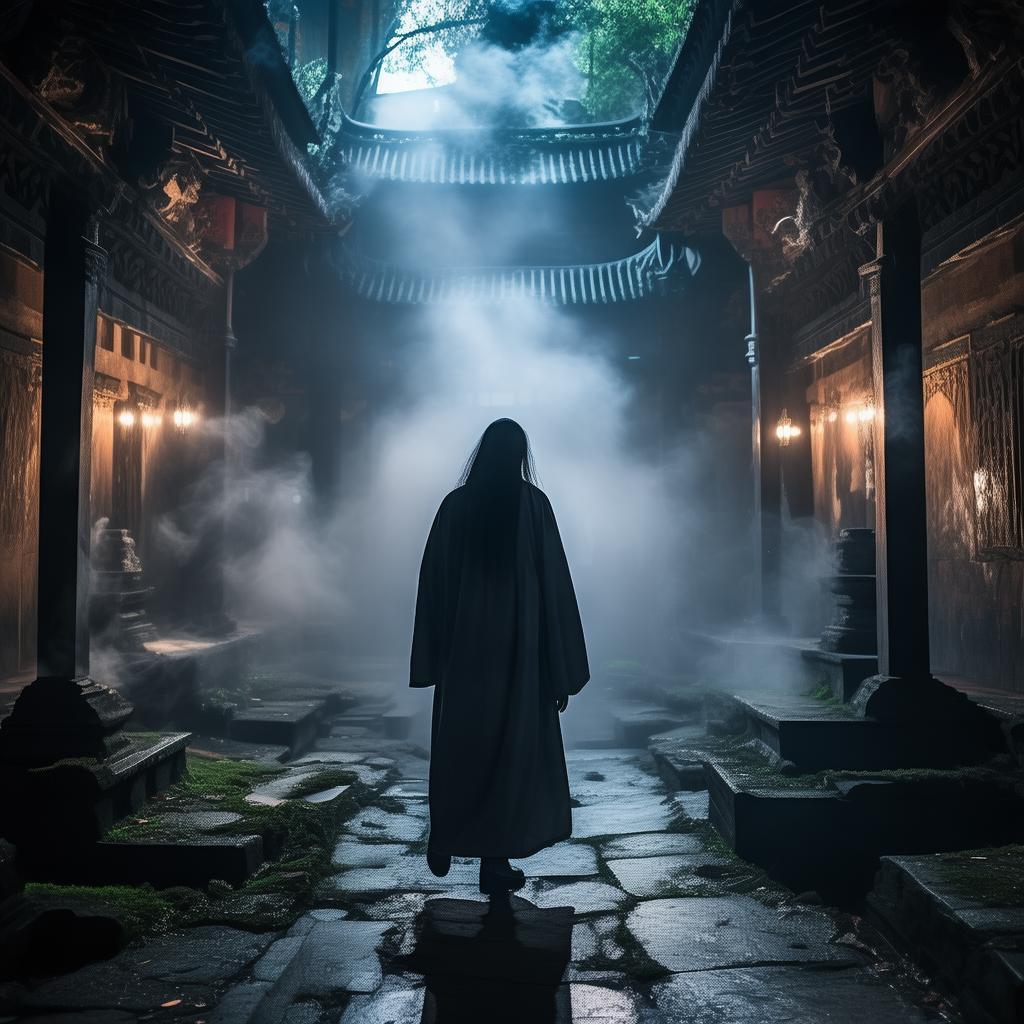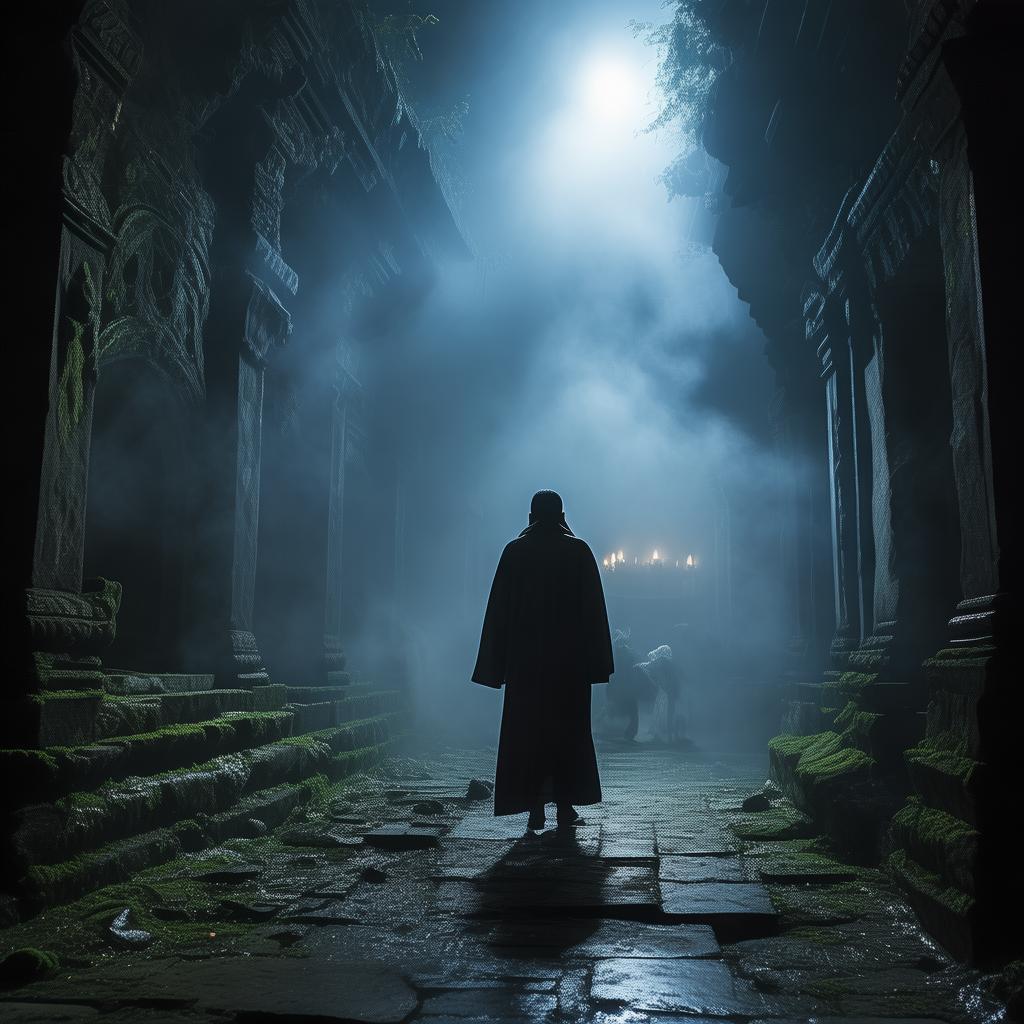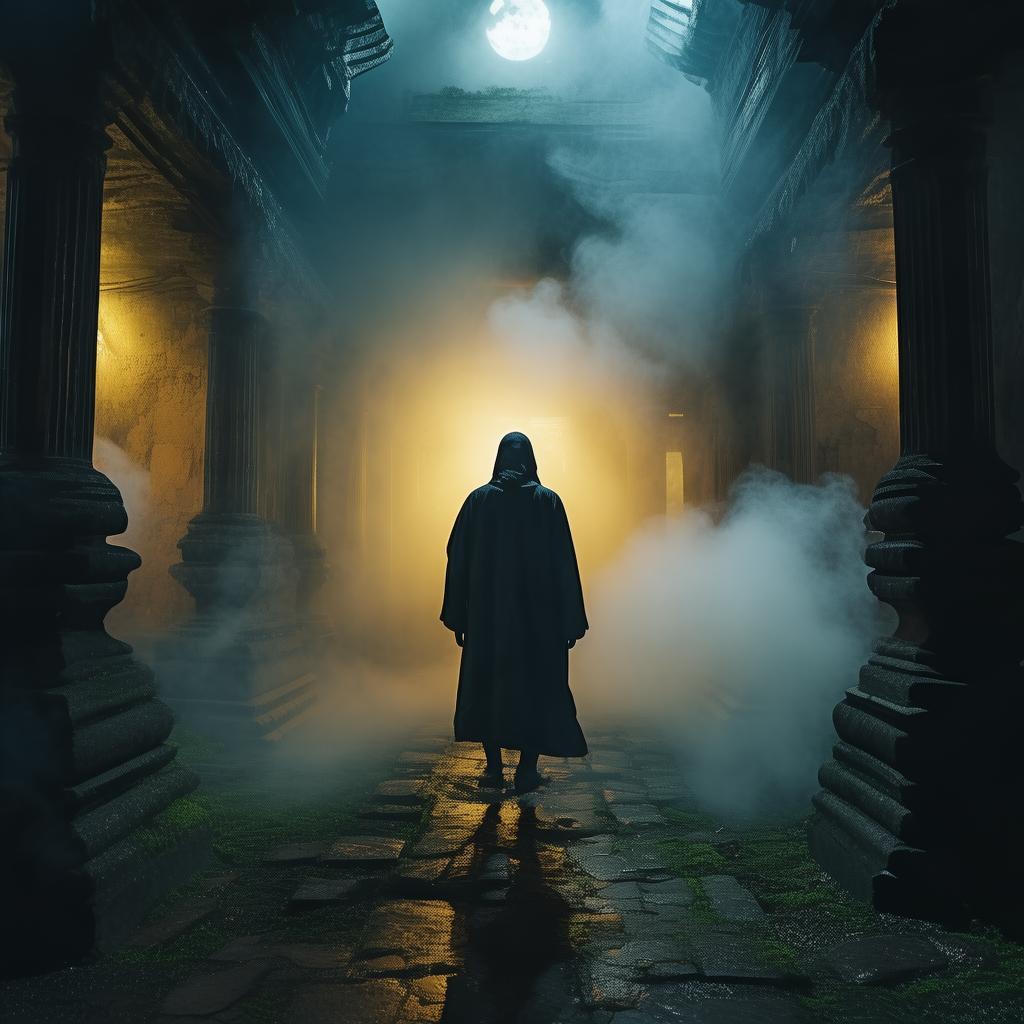The Haunting Melodies of Lina Voss: A Phantom's Lament
The grand Opera House, an architectural marvel of the late 19th century, stood as a testament to the golden age of music. Its opulent interiors, adorned with intricate carvings and tapestries, were a stage for the most exquisite performances. Yet, beneath the grandeur, there lingered a sinister aura, whispered among the staff as the Opera House's darkest secret.
Lina Voss, a renowned soprano, had been invited to perform at the Opera House. Her voice, a celestial melody, was said to have the power to soothe the soul and stir the deepest emotions. However, little did she know that her arrival would unravel the Opera House's hidden past.
As the night of the performance approached, Lina felt an inexplicable sense of dread. The air was thick with an otherworldly presence, and the chandeliers flickered as if caught in a storm. The staff, too, seemed on edge, their whispers about the Opera House's ghostly inhabitants growing louder.
The night of the performance was a spectacle of visual and auditory beauty. Lina's voice soared through the hall, filling the air with a hauntingly beautiful melody. Yet, as she sang, she felt an overwhelming sense of dread, as if the very walls were closing in on her.
After the performance, Lina retired to her dressing room, her heart racing. It was then that she heard it—a faint, haunting melody, echoing through the empty hall. She followed the sound, her footsteps echoing in the silence, until she reached the grand staircase that led to the upper floors.
At the top of the staircase, she found herself in a room she had never seen before. The walls were adorned with portraits of women, each with a hauntingly similar expression. In the center of the room stood a grand piano, its keys covered in dust and cobwebs.
Lina approached the piano, her fingers trembling as she touched the keys. The melody began to play itself, a haunting lament that seemed to come from the very walls. She realized that these women were the spirits of the Opera House, their melodies trapped within the piano.

As the melody grew louder, Lina felt a strange connection to the spirits. She began to sing, her voice blending with the ghostly melodies. The room seemed to come alive, the portraits of the women smiling gently as if released from their eternal slumber.
Suddenly, the room was filled with a blinding light, and Lina found herself in a different place. She was in the 19th century, standing in the same room as the spirits, who were now women in their prime, performing a mesmerizing melody.
Lina realized that she had been transported back in time by the power of the melodies. She had become one of the spirits, and it was her voice that had broken the spell. With a final, heartfelt note, the spirits were released, their melodies merging with the eternal song of the Opera House.
Lina awoke in her dressing room, her heart pounding. She had returned to the present, but the experience had left her forever changed. She knew that the Opera House was no longer haunted by spirits; it was now a place of peace, where the melodies of the past would live on forever.
The Opera House's secret was finally revealed, and Lina's performance had become a legend. The haunting melodies of the spirits had been silenced, and the Opera House had found its peace. Yet, for Lina, the experience would forever be etched in her memory, a haunting reminder of the power of music and the mysterious world that lay beyond the veil of the supernatural.
✨ Original Statement ✨
All articles published on this website (including but not limited to text, images, videos, and other content) are original or authorized for reposting and are protected by relevant laws. Without the explicit written permission of this website, no individual or organization may copy, modify, repost, or use the content for commercial purposes.
If you need to quote or cooperate, please contact this site for authorization. We reserve the right to pursue legal responsibility for any unauthorized use.
Hereby declared.









